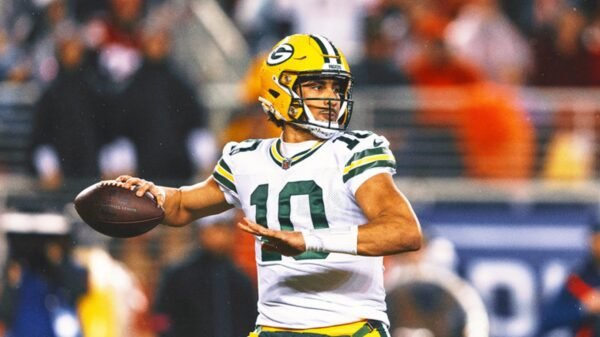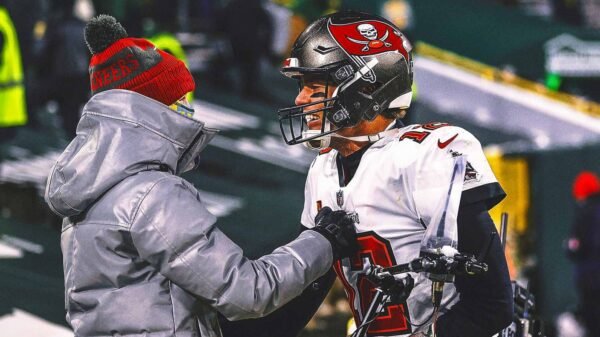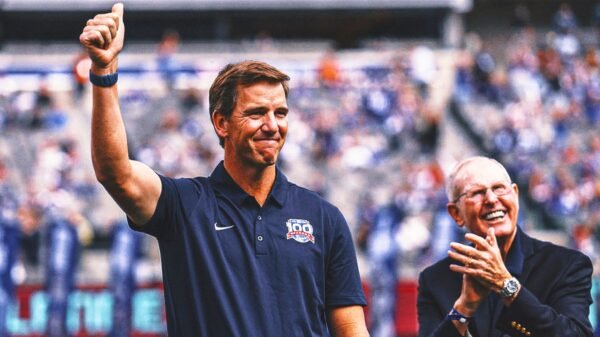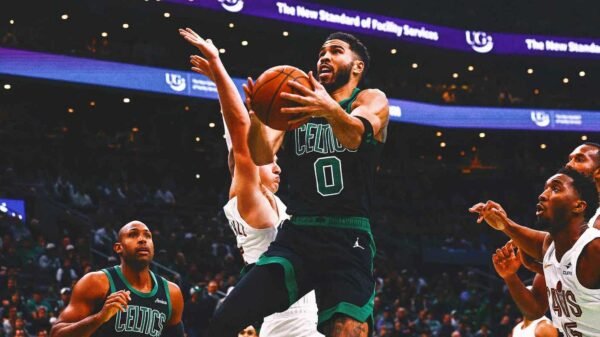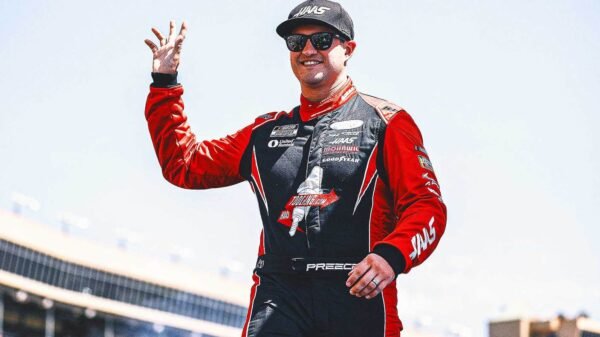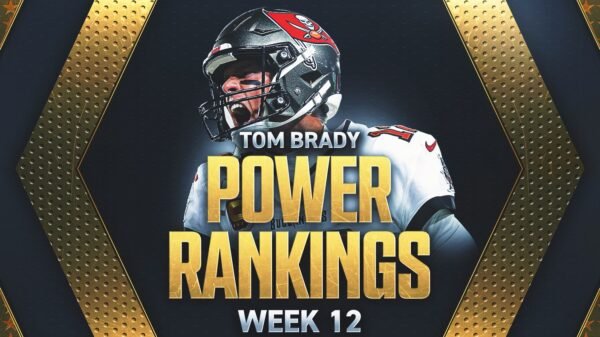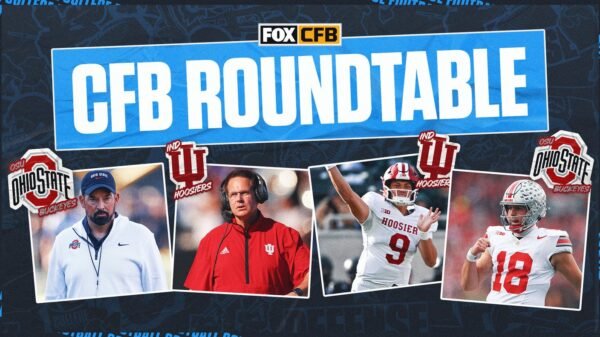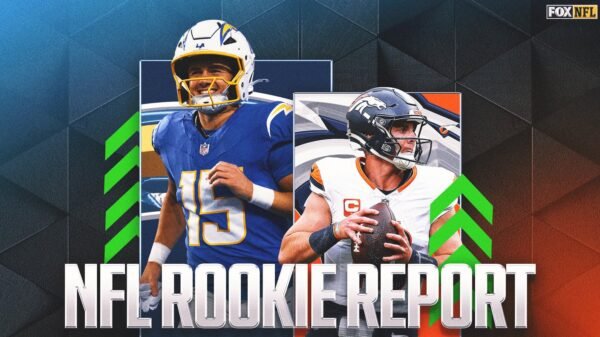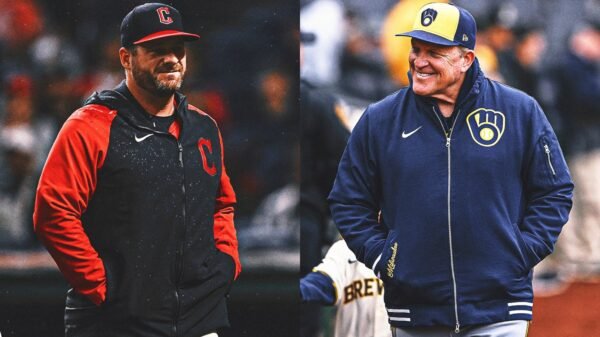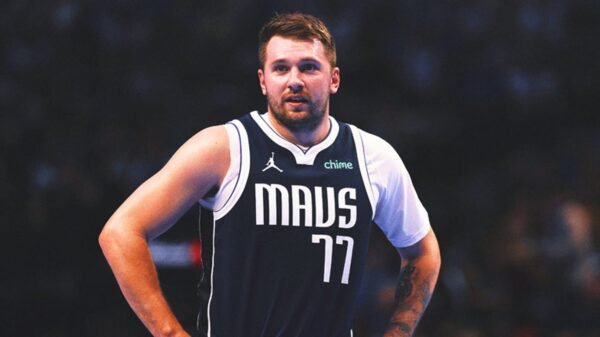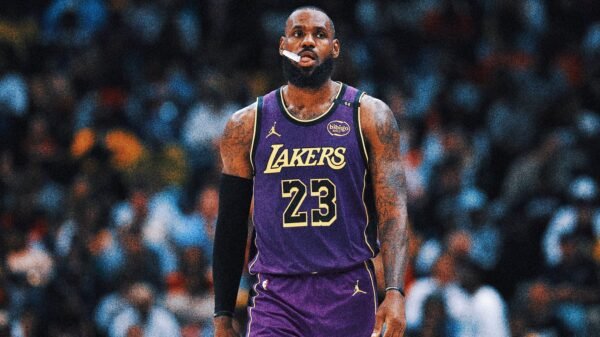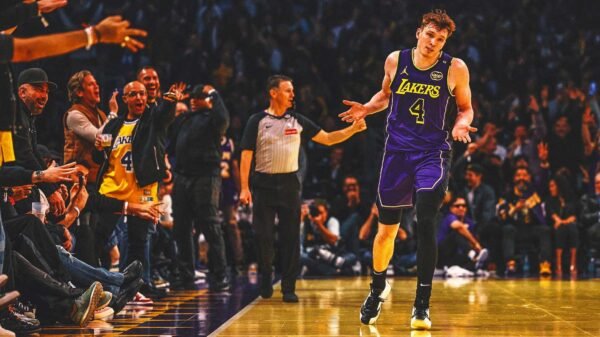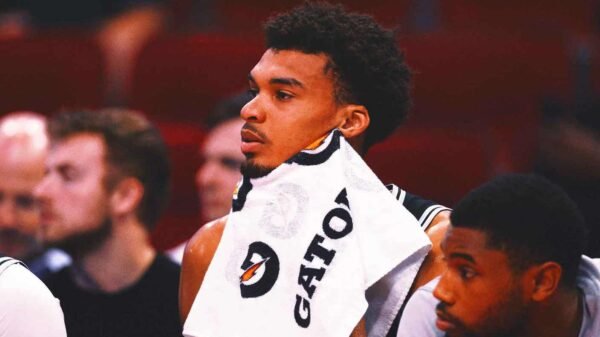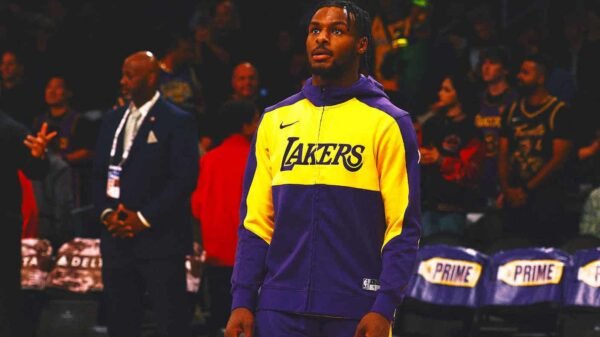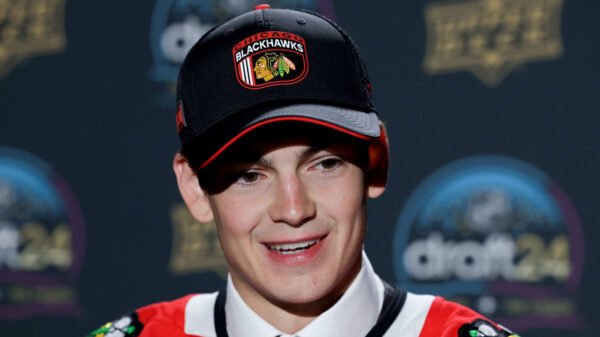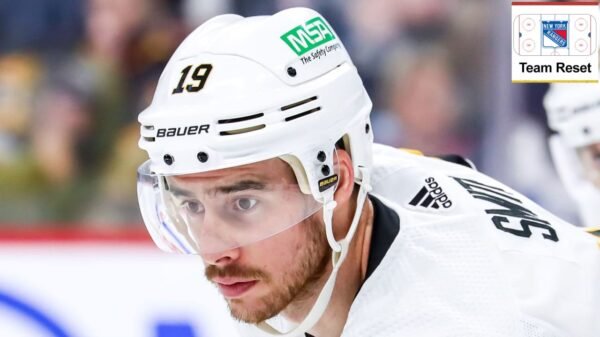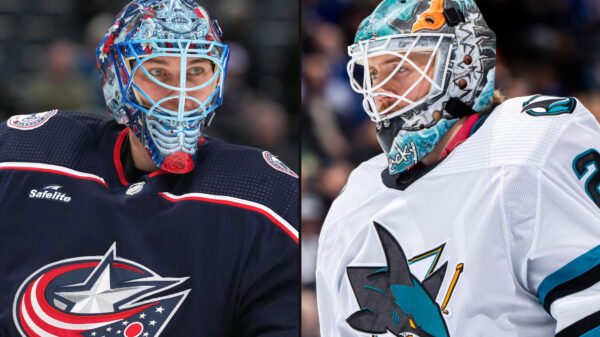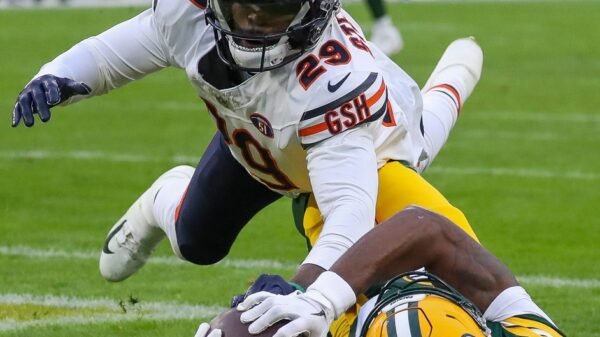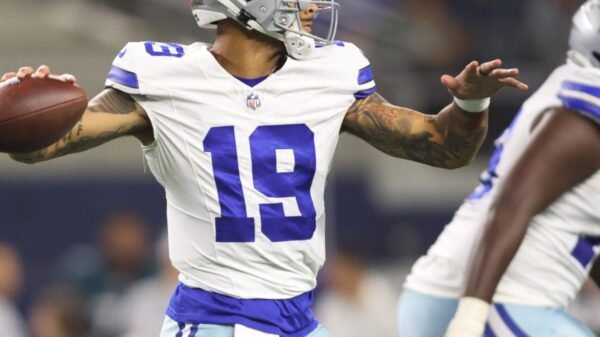Legacy Players in the NBA Draft: The Bronny James Question
As the 2024 NBA Draft approaches, the buzz around Bronny James, LeBron James’ son, continues to build. With the Los Angeles Lakers potentially eyeing him for the 55th slot, speculation about his future is rife. Some teams might even draft him earlier to make LeBron’s free agency decision more intriguing. Critics argue Bronny’s path to the NBA is a shortcut, casting doubt on his 4.8 points and 2.1 assists at USC, especially after his cardiac arrest incident. Yet, history highlights the success of second-generation players like Stephen Curry, Klay Thompson, and Jalen Brunson, suggesting that NBA bloodlines are often underrated.
Analyzing past drafts reveals a trend: second-generation players often outperform their peers. Despite low draft positions, players like Domantas Sabonis and Gary Trent Jr. have exceeded expectations. Legacy players like Kobe Bryant and Devin Booker, picked outside the top 10, have had illustrious careers. This inefficiency in draft evaluations underscores the potential value teams might find in nepo-ballers. Draft data from 1989 onwards show that second-generation players yield higher career success, measured by win shares and career length, further validating this underappreciated resource.
The success stories of current players like Gary Payton II and Trayce Jackson-Davis illustrate the complex dynamics faced by NBA sons. They often deal with unfair expectations and criticism, both publicly and privately. Their unique upbringing around the game has its advantages, helping them understand the NBA lifestyle. As Bronny James steps closer to his professional debut, the same principles that have shaped the careers of his predecessors could guide him. The collective experience of legacy players points to a future where Bronny can carve his own path, proving skeptics wrong.

